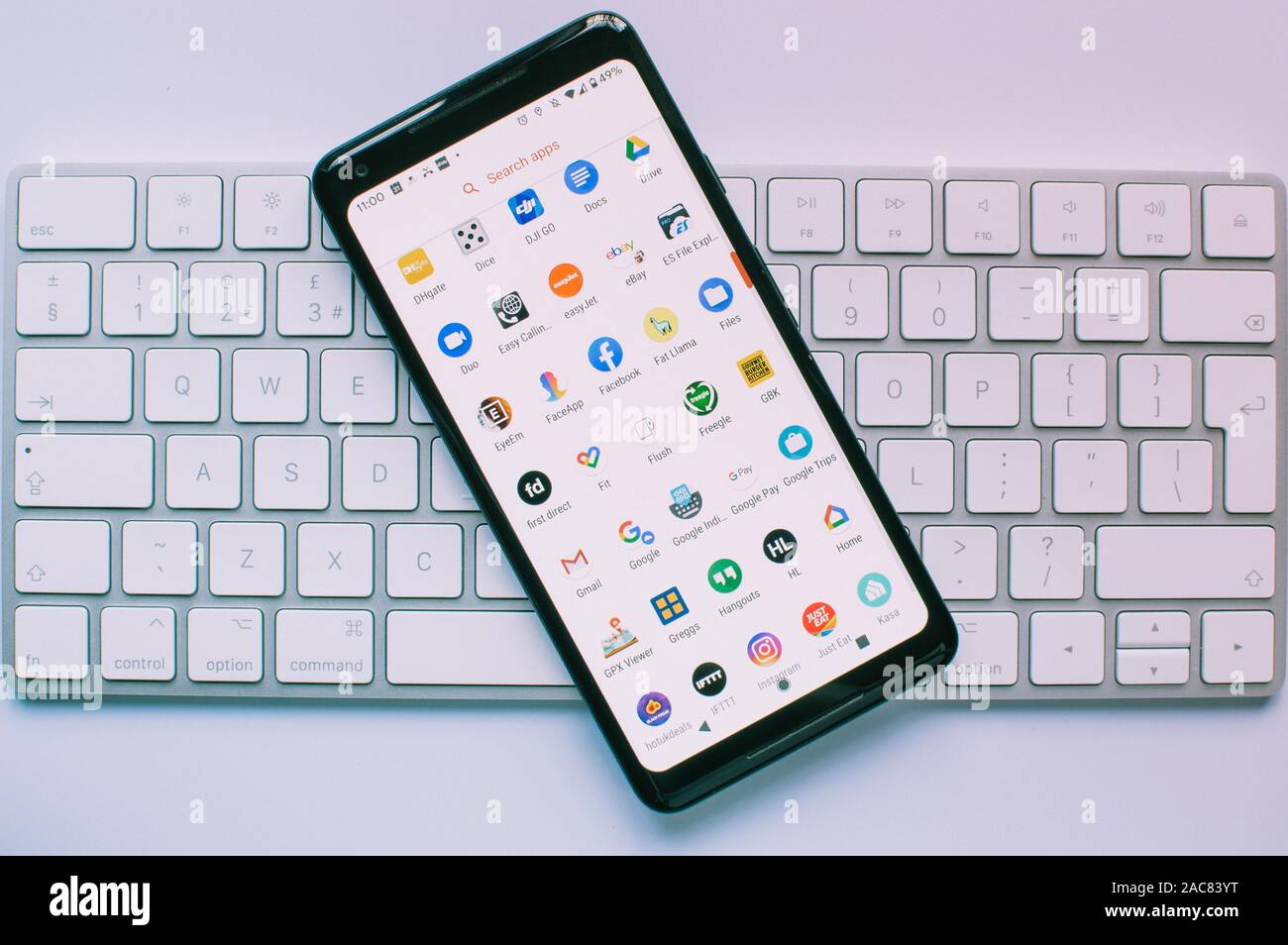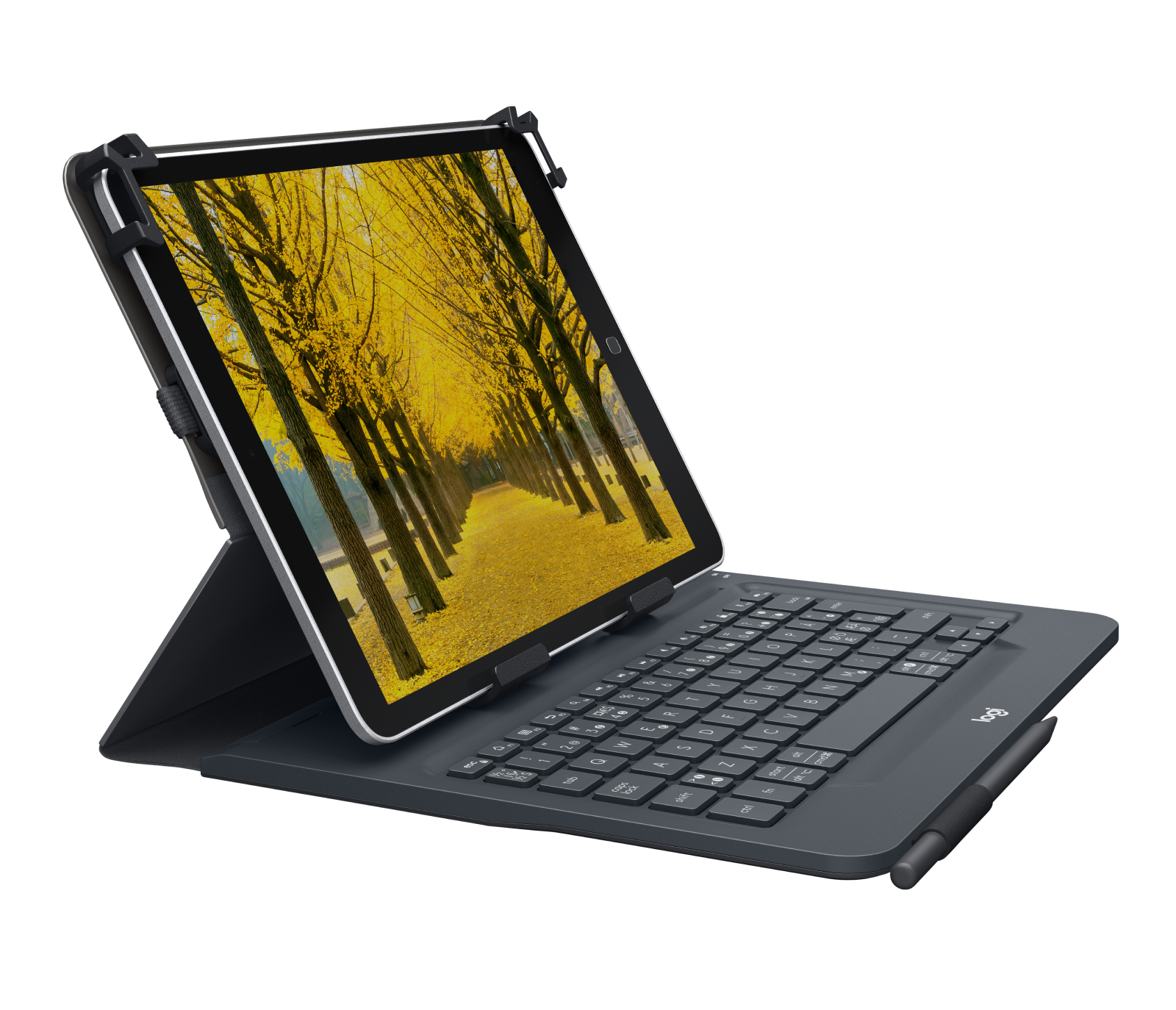

- #Apple keypad vs android keypad pro
- #Apple keypad vs android keypad software
- #Apple keypad vs android keypad code

You can tweak themes and layouts, switch between multiple languages, and backup/restore your settings. This virtual keyboard has many of the features of commercial, proprietary keyboards. While the keyboard does not have an incognito mode, it also does not have access to your smartphone’s internet access. Users and continuers discuss and support the keyboard on Gitter. The project owner menny is very active along with the 80+ individual programmers. For me, the project is approaching a level of features I need in a smartphone keyboard.ĪnysoftKeyboard is an open-source Android keyboard released in April 2012, according to the project’s page on GitHub. I keep tabs on the evolution of AnysoftKeyboard.
#Apple keypad vs android keypad code
If you don’t want to learn the new layout, you can switch back to the QWERTY layout in the settings.į-Droid | Google Play | Source Code 3. Now, I just need to keep practicing with this new typing paradigm.

Typewise’s business model and privacy policies ( app | offline app) lean toward a fair transaction and respect for user privacy. The team found that the QWERTY layout from the 1870s is slow and produces a lot of errors when used on smartphones touchscreens. In 2015, Typewise launched a Kickstarter campaign to fund the development of a more efficient keyboard layout for modern, two-thumbed text entry.
#Apple keypad vs android keypad software
Some software is built with privacy as a guiding principle. For example, I assigned “mvg” to expand to “Met vriendelijke groet” (Dutch for “kind regards”) to speed signing emails.į-Droid | Google Play | Source Code 2.
#Apple keypad vs android keypad pro
Pro Tip: Use the personal dictionary for text expansion. You’ll also find all the base-level features: While there is no swipe or gesture typing, the predictive suggestions are solid, speeding up text entry and helping make corrections. The project has an active development team addressing bugs and continuously improving the virtual keyboard. OpenBoard is a free and open-source software (FOSS) implementation based on the Android Open Source Project (AOSP) keyboard. This is my go-to on-screen keyboard after trying so many options from the Play Store and the F-Droid app store. Most implementations provide no additional security or privacy benefits other than pausing data collection temporarily.īefore you hop into the list, watch this video from The Hated One, where he discusses the problems with smartphone keyboards.īest Private Android Keyboards 1. The intent is to provide more privacy when entering passwords or other sensitive data. Incognito mode on virtual keyboards limits the software’s recording and learning process. What about when you enter passwords, credit card numbers, or personally identifiable information? This is where the so-called incognito mode comes in. Keyboards on iPhones collect user data as well. Other on-screen keyboards send some or all of your data to the cloud. Some virtual keyboards perform analysis on your device. Yes, Android keyboards collect data to implement predictive entry or gesture or swipe interpretation. This makes most wonder: Do Android keyboards collect data? These predictive models have become increasingly accurate over the years, doing a better job of giving you suggestions or interpreting typing input. Most keyboards offered some predictive text capability to try to guess your next word in an attempt to speed typing. Private Smartphone Keyboards Privacy & Smartphone KeyboardsĪndroid has supported alternative keyboards since April 2009 and first appeared on Apple’s iOS in September 2014.


 0 kommentar(er)
0 kommentar(er)
